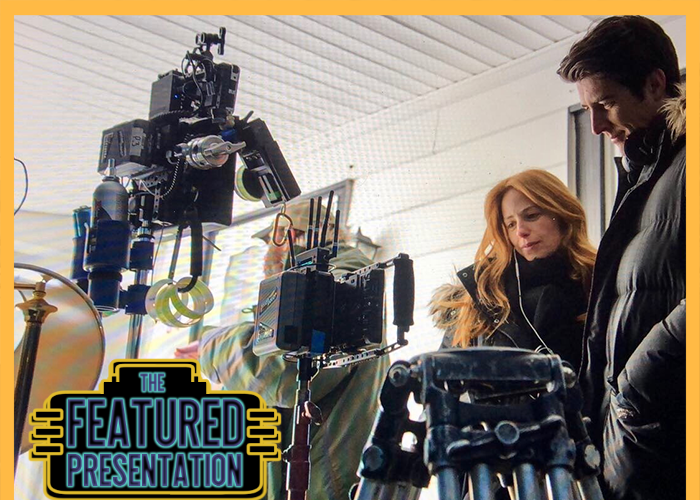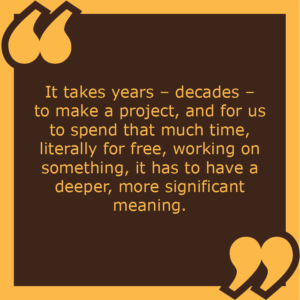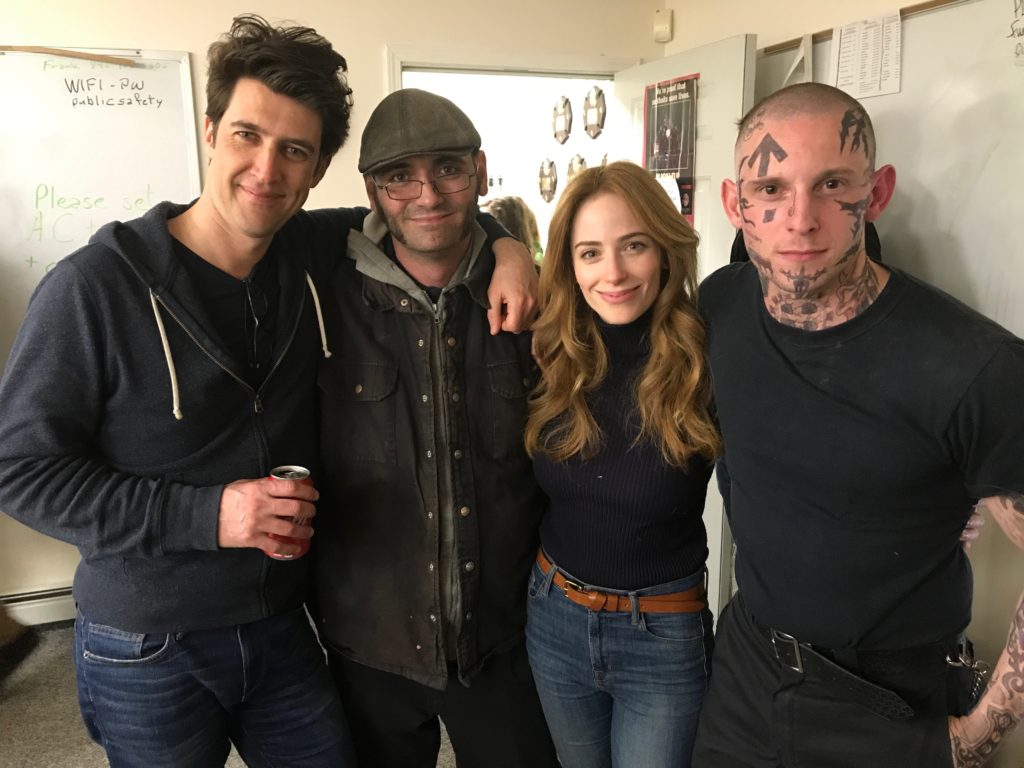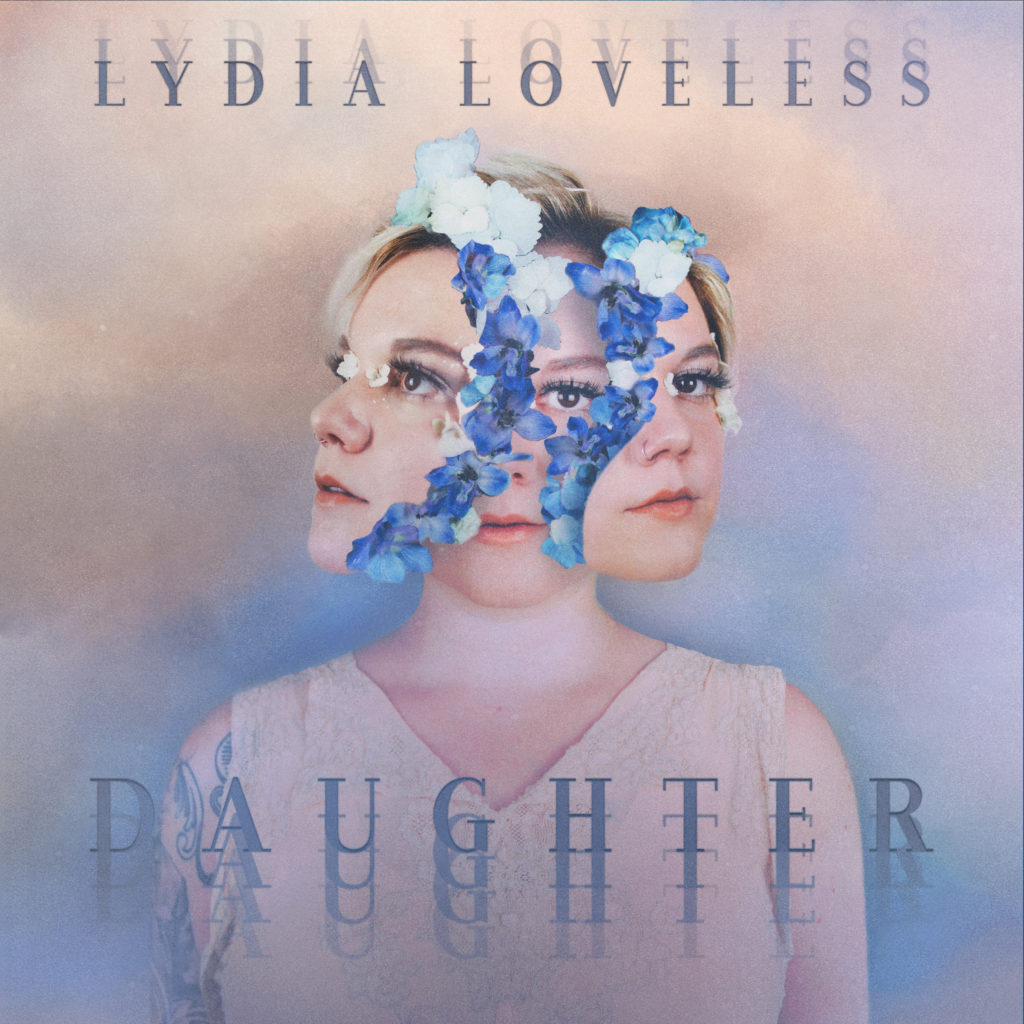 Song Title: Wringer
Song Title: Wringer
Single Sentence Singles Review: Previewing her first album in four years, “Wringer” prickles with the pain of divorce and remains on brand with the open book approach to Loveless’ songwriting that we have never been able to get enough of.
Beyond The Track: The upcoming album Daughter (art pictured left) will be released on her new label, Honey, You’re Gonna Be Late Records, on September 25.



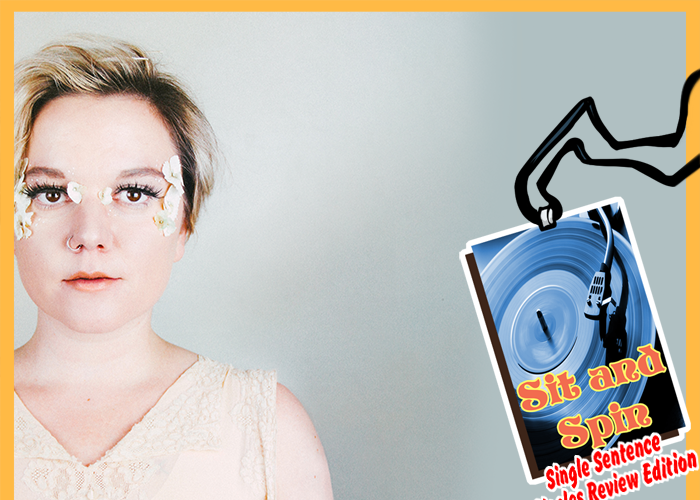
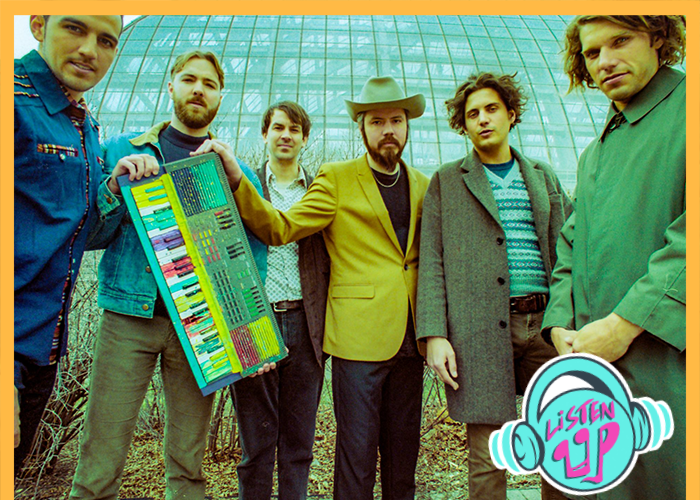
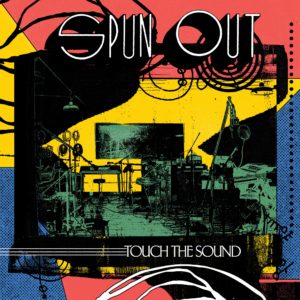
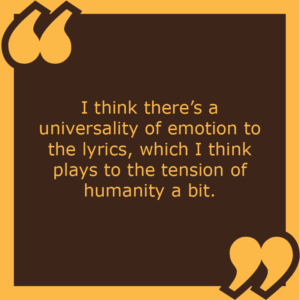
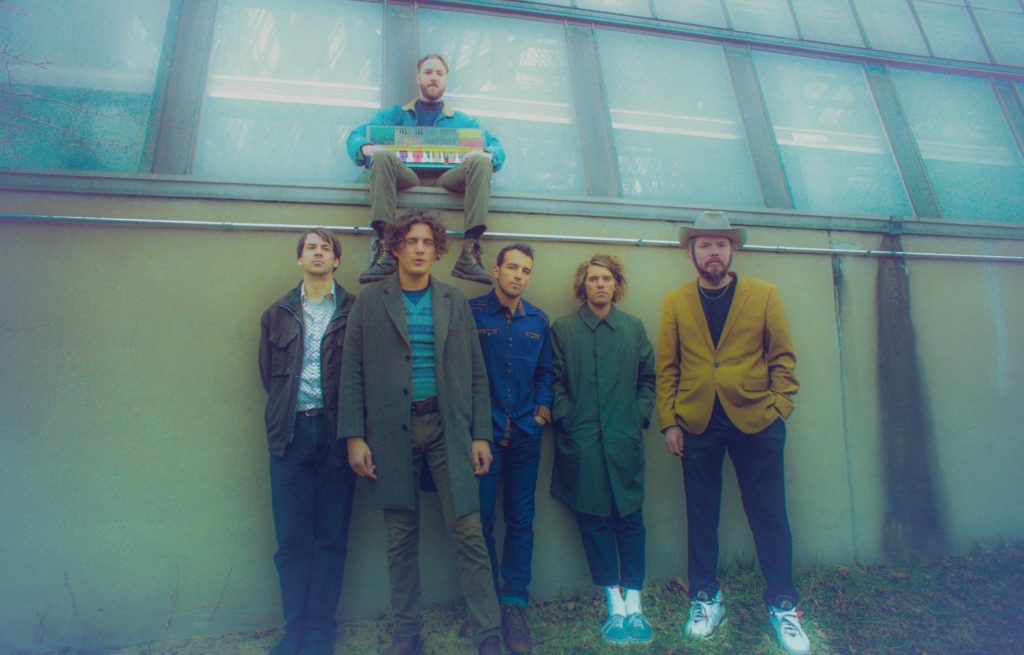


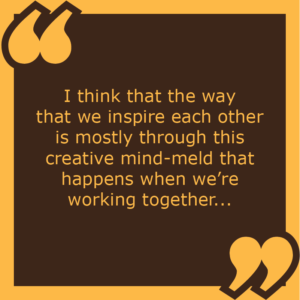

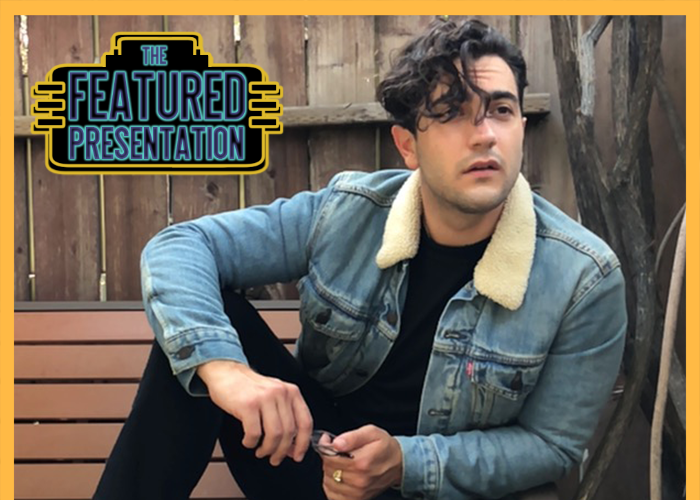
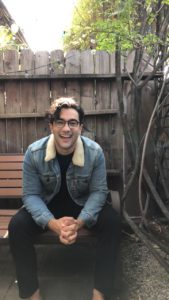
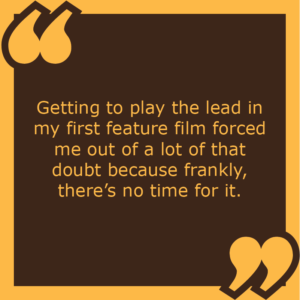

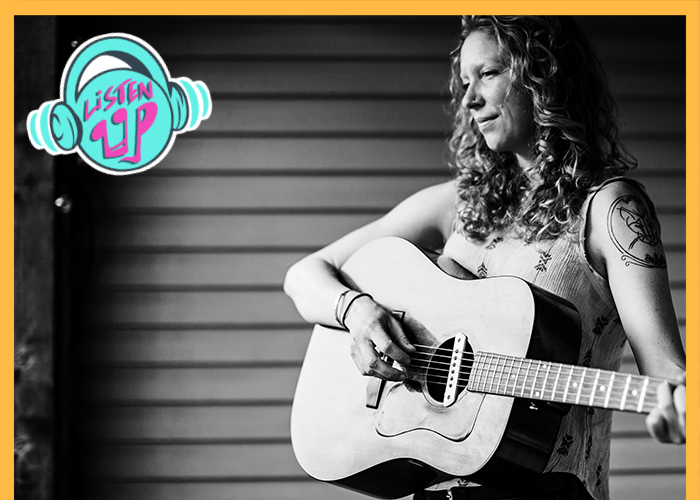

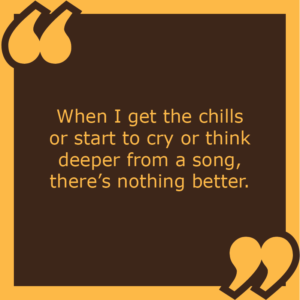
 TrunkSpace: This year has been an emotionally trying time for everyone and the divide between people – at least in this country – seems to be growing. What kind of hand can music have in helping people find an internal balance and possibly even bringing people together? We have always been drawn to the idea of music being a shared experience, regardless if we get something different out of it than someone else.
TrunkSpace: This year has been an emotionally trying time for everyone and the divide between people – at least in this country – seems to be growing. What kind of hand can music have in helping people find an internal balance and possibly even bringing people together? We have always been drawn to the idea of music being a shared experience, regardless if we get something different out of it than someone else.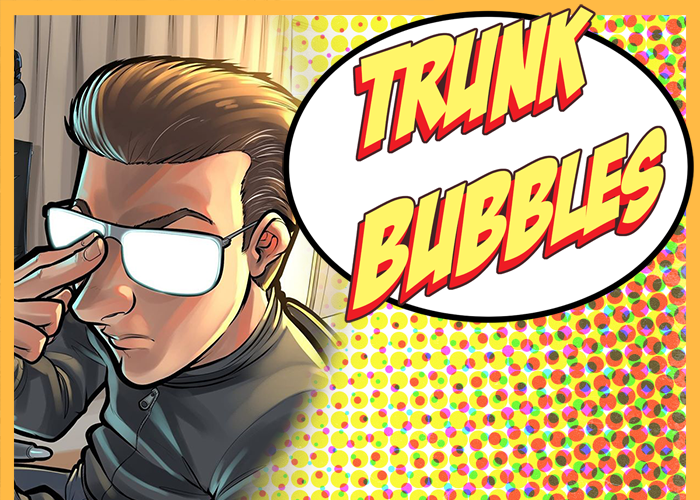
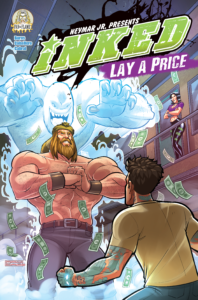 Name: Mauricio Caballero Peza
Name: Mauricio Caballero Peza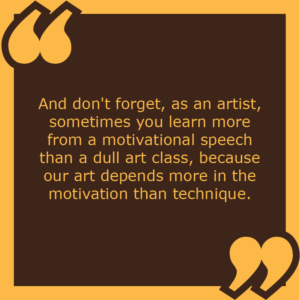
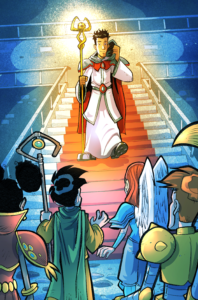 5.) Not having as much friends as I wanted to
5.) Not having as much friends as I wanted to

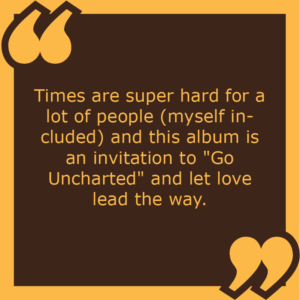

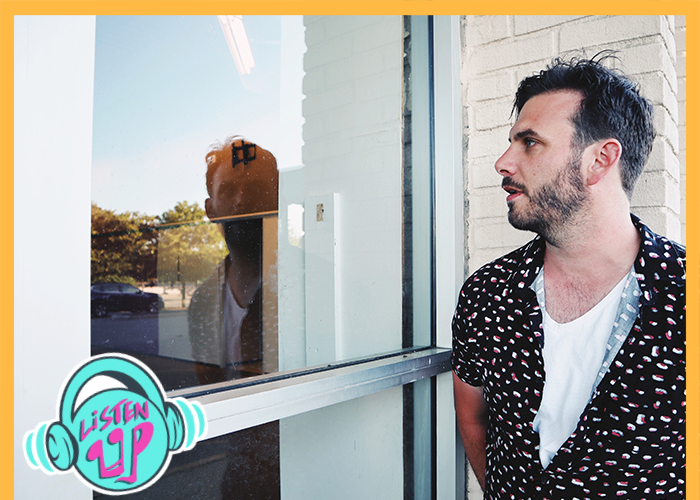

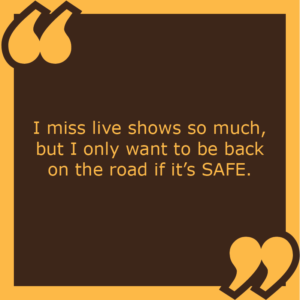
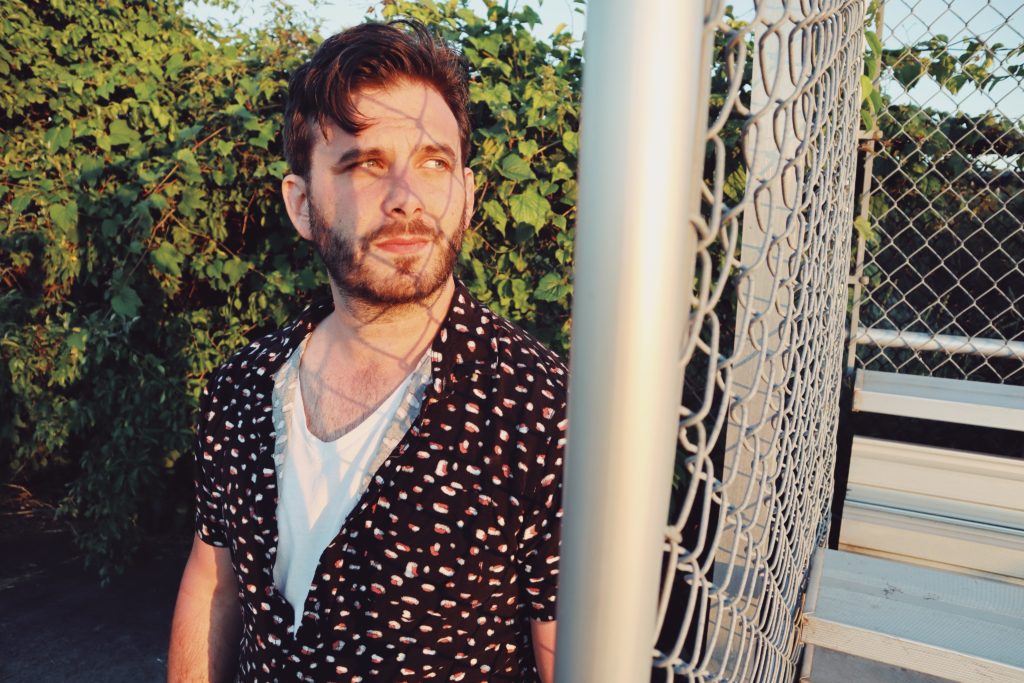
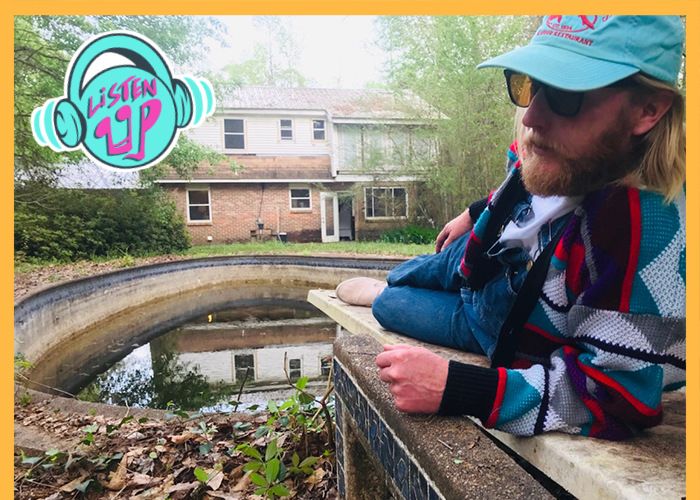
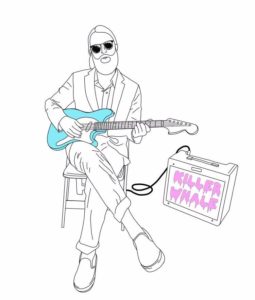
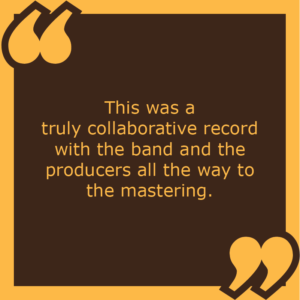
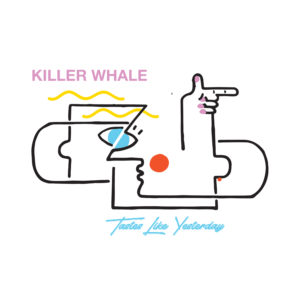 TrunkSpace: What are you most proud of with the album?
TrunkSpace: What are you most proud of with the album?